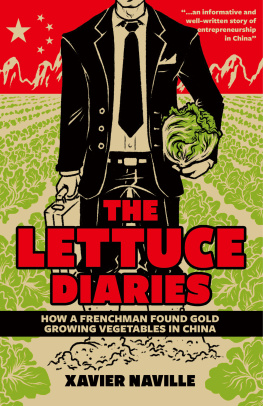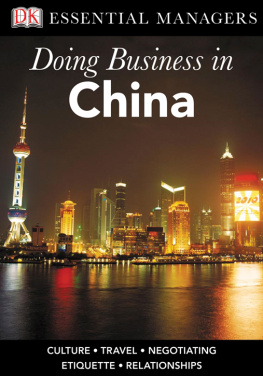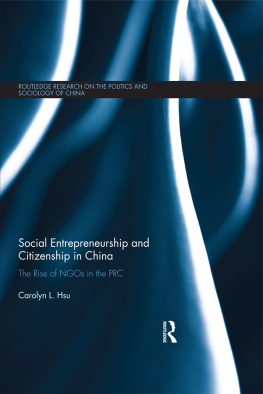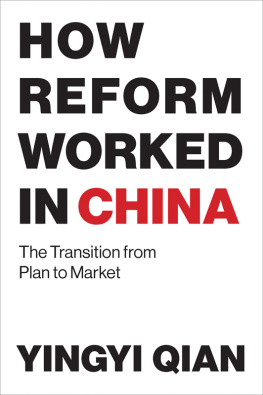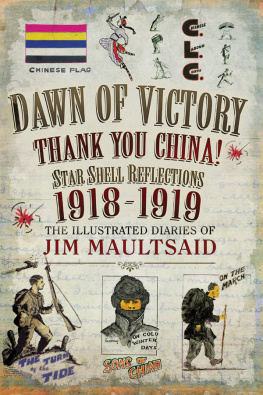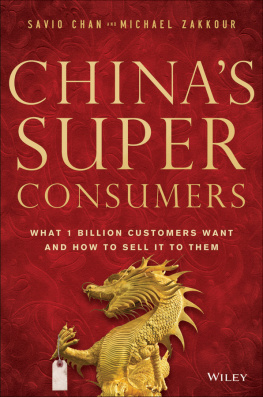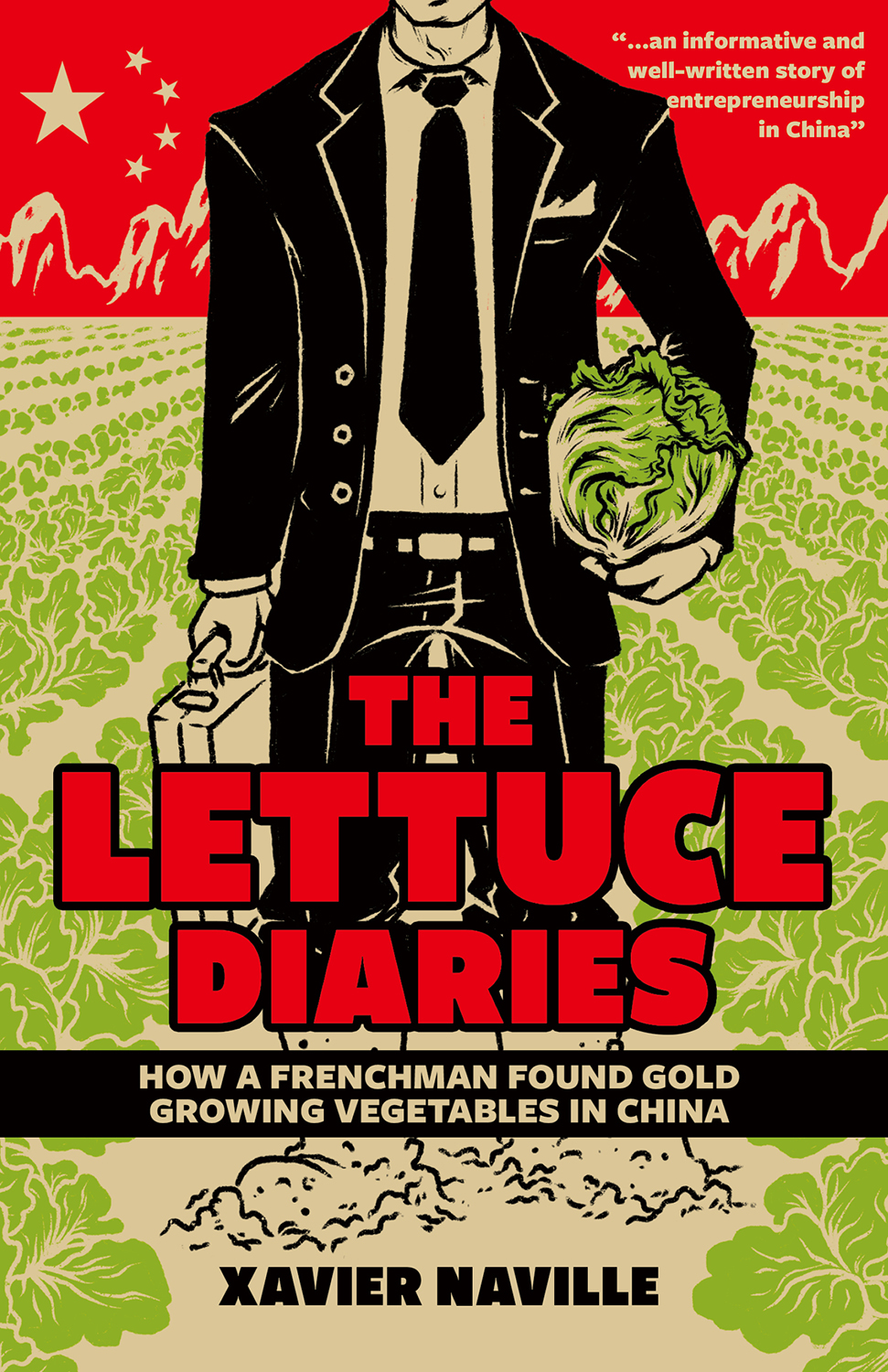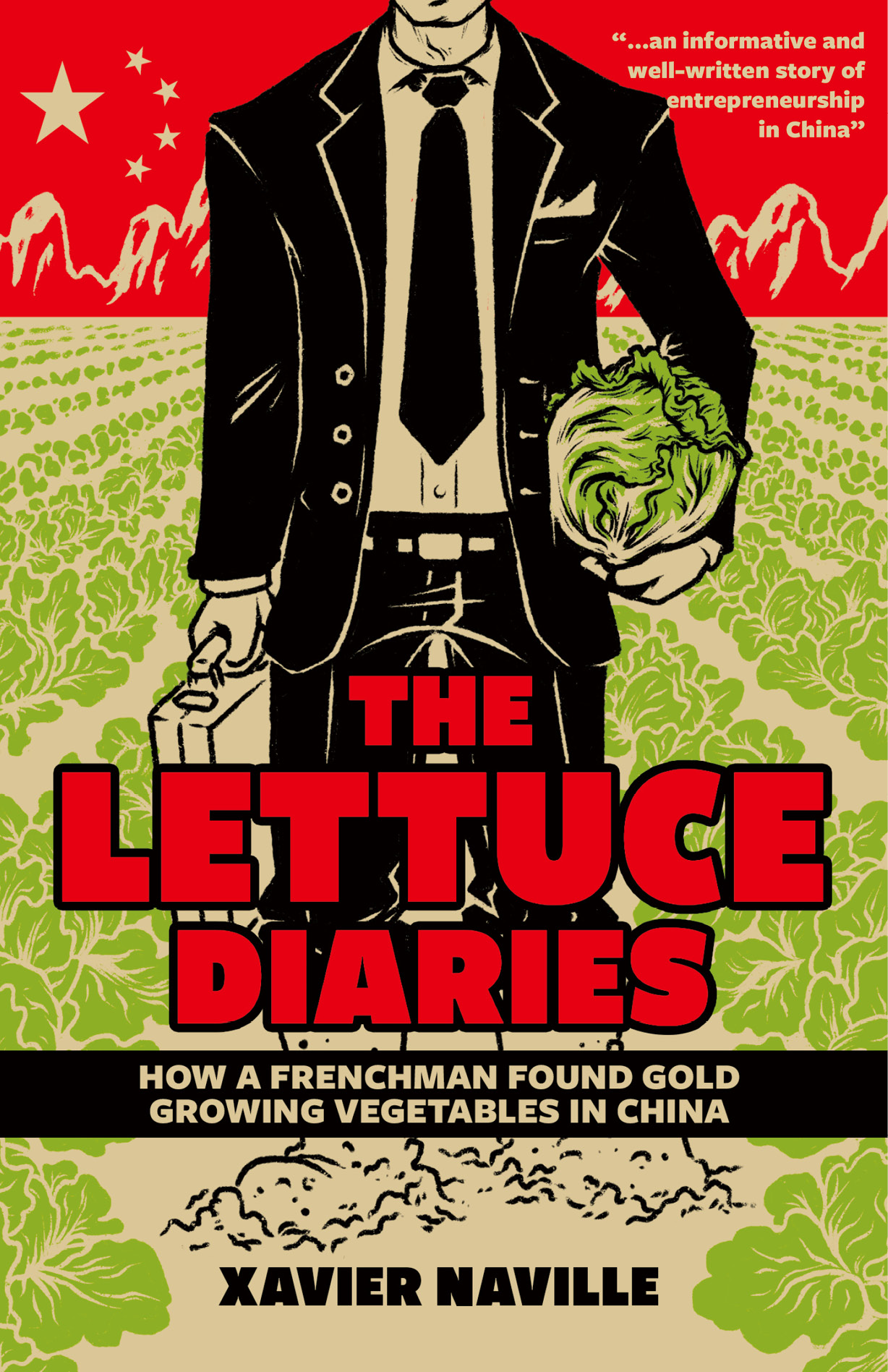
Advance Praise for
The Lettuce Diaries
In this astonishing, soulful, moving, and often funny memoir-cum-business-primer, Xavier Naville tells the story of how he traded the boardrooms of Paris for the agricultural fields of China, along the way building the countrys largest fresh-food company. Word by word and acre by acre, Naville learned how to speak, and to operate, in Chinese. The Lettuce Diaries traces Navilles journey from the industrial kitchens of Shanghai to the red-baked earth of the Inner Mongolian plateau as he encounters hostage-takings and an attempted coup, food-safety scandals, fraudulent suppliers, cutthroat rivals, loyal colleagues, and spends many hours in the vegetable fields of China with the farmers whose traditions and practices shape the food we eat every day. The Lettuce Diaries is a story of where China has been, where its going, and why it matters to all of us.
Leslie T. Chang, author of Factory Girls: From Village to City in a Changing China
Xavier Navilles account of how he built a successful company buying vegetables from Chinese farmers and selling them to a huge new market of fast food outlets and supermarkets is sure to become a classic. This is a fast-paced story of diving into China business and almost drowning multiple times, but not quite.
Yun Rou, author of Turtle Planet
The Lettuce Diaries is an informative and well-written story of entrepreneurship in China. Few international business leaders have more insight about the skills and strategies required to grow a business in China than Xavier. This fascinating book successfully convey the complexities and nuances of founding, scaling and operating a company in the country that is soon to become the worlds biggest economy. His style is straightforward and fun to read and his message is clear. Its not easy to run a company in China, but if you do it properly the rewards are significant.
Agust Gudmundsson, CEO, Bakkavor Group plc

The Lettuce Diaries
By Xavier Naville
ISBN-13: 978-988-8769-01-8
2021 Xavier Naville
BUSINESS & ECONOMICS / General
EB143
All rights reserved. No part of this book may be reproduced in material form, by any means, whether graphic, electronic, mechanical or other, including photocopying or information storage, in whole or in part. May not be used to prepare other publications without written permission from the publisher except in the case of brief quotations embodied in critical articles or reviews. For information contact info@earnshawbooks.com
Published by Earnshaw Books Ltd. (Hong Kong)
To my Orchid
Authors Note
This is a work of nonfiction. Most of the events described in this book were witnessed firsthand or documented through interviews. The names of certain characters featured in the book have been changed to protect their privacy.
PREFACE
Hostage to Broccoli
When Sun Guoqiang climbed into the front seat of the black Volkswagen Santana on a drizzly day in January 2001, the last thing he expected was to be taken hostage over a shipment of broccoli. He was wrapping up a business trip to Linhai, amid the flat rural expanse of eastern China, on a mission to find the best broccoli for my fledgling vegetable company, Creative Food. His day had begun in the usual way: awakening in a cold local hotel room, washing his face and hands with water from a thermos (the hotel turned on hot water for only two hours each evening) and slurping rice porridge with other hotel guests in the common room.
Sun was no stranger to the rough countryside. Like hundreds of millions of Chinese, he had grown up on a family farm of less than a half-acre, where his parents planted rice, corn, and some vegetables. A young man in his twenties, he had the dark skin and small stature of many people from rural Anhui, a landlocked province whose harsh continental climate forced many of its population to migrate to larger cities like Shanghai in search of a decent income. But Sun had studied hard and graduated from the prestigious Shanghai Agriculture Institute before joining the citys Agriculture Research Center. His courteous smile masked a scrupulous mind and fierce ambition. I had hired him away as an agronomist for Creative Food only a few weeks before. He was looking forward to a visit home with his parents now that his two-week trip was ending.
After breakfast, he went outside looking for a ride to the packing house where Wang Jinzhuang, our companys local supplier, sorted the harvested broccoli. But Wang was already waiting for him in a car. Once he saw Sun, he got out of the car.
Get your things, Wang said. Im moving you to my house.
Wang had picked Sun up at the guesthouse before. But Sun could feel today was different. Wang usually told stories in the staccato of the local dialect, punctuating an uninterrupted flow of words with jokes and laughs. Now he was short and cold. Sun decided it was probably better to do as Wang said. The two men drove in silence to Wangs home, a five-story building with bare concrete walls a few minutes away. Once there, Wang settled Sun in a room on the second floor.
Sun eventually asked why he had been moved.
Your company owes me money, and youre not leaving until I get what I want, Wang said. Dont try to escape. I know everyone here: the police, the government. Everyone here depends on me. So, stay put until the people at Creative Food pay me what they owe me.
Suns first call was to Yang Zhongcheng, his manager at Creative Food and the man I had running the companys agriculture operations. When I learnt about Suns predicament, I tried to hide my astonishment and anxiety. I wanted him freed, but I also didnt want to fold. Giving in would set a precedent for other suppliers to whom I owed money. It was true that I hadnt paid Wang for a certain container of broccoli that his company had shipped to Japan a week before. I had taken a gamble on it, because the broccoli heads were smaller than usual and my Japanese customers were picky. The market had recently been tight, and these customers had indicated they might relax their standards for the same price. But in the end, they turned it down. I knew Wang had pressured my companys executives into accepting the low-quality broccoli, and so I wanted him to share the hit with us. He had refused, arguing that we owed him the full amount. I learned later that he himself was worried that he wouldnt be able to pay the hundreds of farmers who had sold him the broccoli, carrying it on tricycles to the little corrugated-iron shed where his twenty workers put it in boxes.
So, he had taken a hostage. I winced as I imagined myself picking up the phone with an interpreter to tell Suns mother and father, Your son is being held against his will by a farmer in the countryside.
Why? they would ask.
And I would have to tell them the truth: Because Ive failed to do my job.
I was less than a year into the start of my company. I was running out of cash. Every business I had started was losing money. And now, eight hours drive away from our Shanghai headquarters, a hard-nosed local entrepreneur had imprisoned a decent young man I had hired away from a safe government job. Watching employees pace the corridor outside my office, I realized that no amount of analysis and blame would make up for my failure. I was alone. I had to decide what to do. I wished I could lie down on the carpet of my office, just for a minute or two. But the glass door let everyone see inside.

